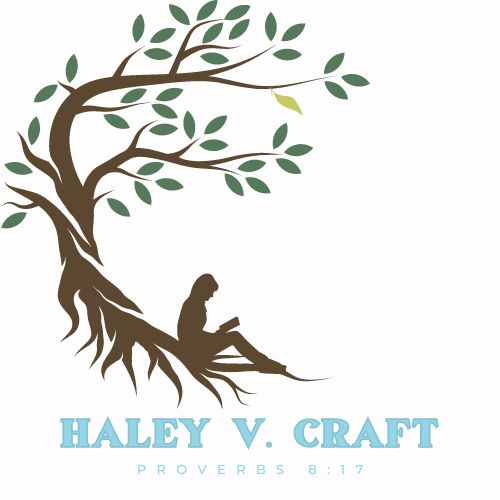Then Mordecai told them to reply to Esther, “Do not imagine that you in the king’s palace can escape any more than all the Jews. For if you remain silent at this time, relief and deliverance will arise for the Jews from another place and you and your father’s house will perish. And who knows whether you have not attained royalty for such a time as this?”
—Esther 4:13-14
I am a serial podcast listener. If I’m doing anything that requires more physical work than mental work, it’s pretty likely that I’ll either be listening to an audiobook or one of my favorite theologians or thinkers.
One of my favorites to listen to is Rabbi Jason Sobel. He’s a Messianic Jewish rabbi who wrote Mysteries of the Messiah, a book revealing biblical truth about the Messiah that we as twenty-first-century Christians often miss.
Yesterday, I stumbled upon a video of his about Purim. Purim is a Jewish holiday that celebrates when God used Esther to deliver His people from Haman’s plot to have them killed. It’s a lesser-known feast, but there’s still a lot to learn from it, so let’s take a look!
First, some background. Esther is a Jewish girl living with her uncle, Mordecai, who was one of the young men, like Daniel and his three friends, taken captive by Nebuchadnezzar. Esther becomes queen when the original queen is dethroned for not obeying the king’s command to present herself at his feast, but she hides her Jewish identity from the king.
After Mordecai has an unfortunate kerfuffle with Haman, one of the king’s advisors, Haman comes up with a plan to settle a generational feud his family has with the Jews by having all of them killed. He gets the king to sign off on the plan, which is particularly problematic because in this culture, once a king signs something into law, it can never be undone.
Mordecai, along with any Jew who sees the edict, goes into mourning. He gets as close to the palace as he can while in mourning so he can get a message to Esther about what has happened and he tells her she has to talk to the king about it. She reminds him that to go to the kind without an invitation is a death sentence, and these two verses are his response.
Here’s what I find interesting about these two verses. There is something very important missing. Or rather I should say Someone.
While Mordecai clearly believes the Lord will deliver Israel from this threat, he never actually mentions Him. He just says that “relief and deliverance will arise for the Jews from another place.”
As much as I love Rabbi Sobel, I have to admit that I didn’t quite believe him when he first mentioned the absence of God’s name because he said that God’s name isn’t just missing from a few verses, but from the entire book. These two verses were the ones that I thought surely had God’s name listed as the source of the deliverance the Jews needed, but He’s not there either.
If we think about the context, however, it makes sense. The Jews are in exile specifically because they had rebelled against God. They had rejected Him, so God stepped back, and in the absence of His presence and protection, the Jews were taken into exile. At this point, the distance, the fracture in the relationship between God and His people was still there. Given that knowledge, it makes sense that God isn’t featured as prominently as He is in other books.
But just because He isn’t named, doesn’t mean He wasn’t working.
Picture this. A king unknowingly picks a Jew for his queen. Then her uncle, who happens to most likely work in the palace, also happens to hear a plot to kill the king. He reports this plot and saves the king’s life, but the king forgets to honor him for his devotion. Then the night before his enemy wants to have him hanged, the king just happens to have trouble sleeping and is reminded of the man’s service to him. Then after the enemy of the Jews is forced to honor the man, the Jewish queen exposes him as targeting her people, and a way is made for the Jews to defend themselves.
That’s a lot of coincidences. But coincidences become rather hard to accept when you’re talking about an all-powerful, all-knowing God.
Here’s why I find this so comforting. I’ve had times in my life when I didn’t feel God’s presence. Whether it was because of some sin in my life or just because I was going through a dry season, there have been times when it seemed like there was a distance between Him and me.
I think Mordecai would agree that it’s painful and scary and confusing to go through those times, but even so, God has proven that He is always working, always providing, always fighting for His children. I pray that the next time we go through a season like this, we’re able to look back at Esther and cling to the truth that even when we can’t feel Him, He is still there, working all things for our good.






0 Comments